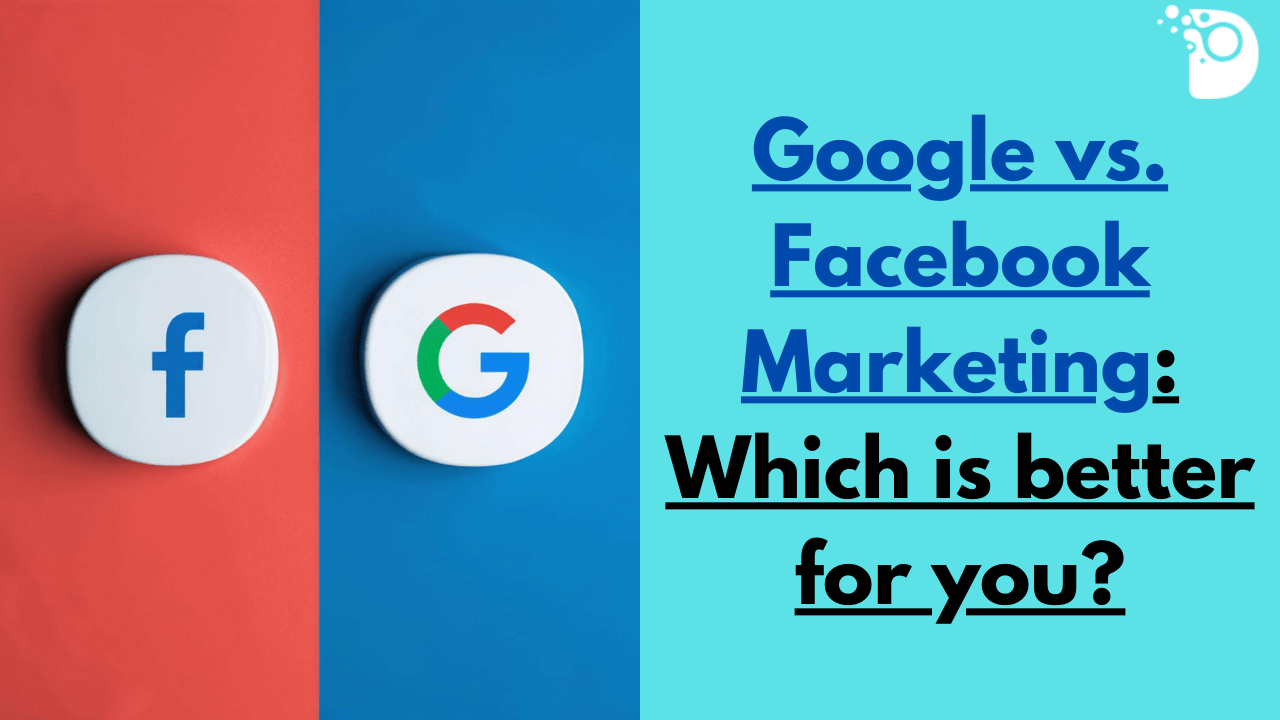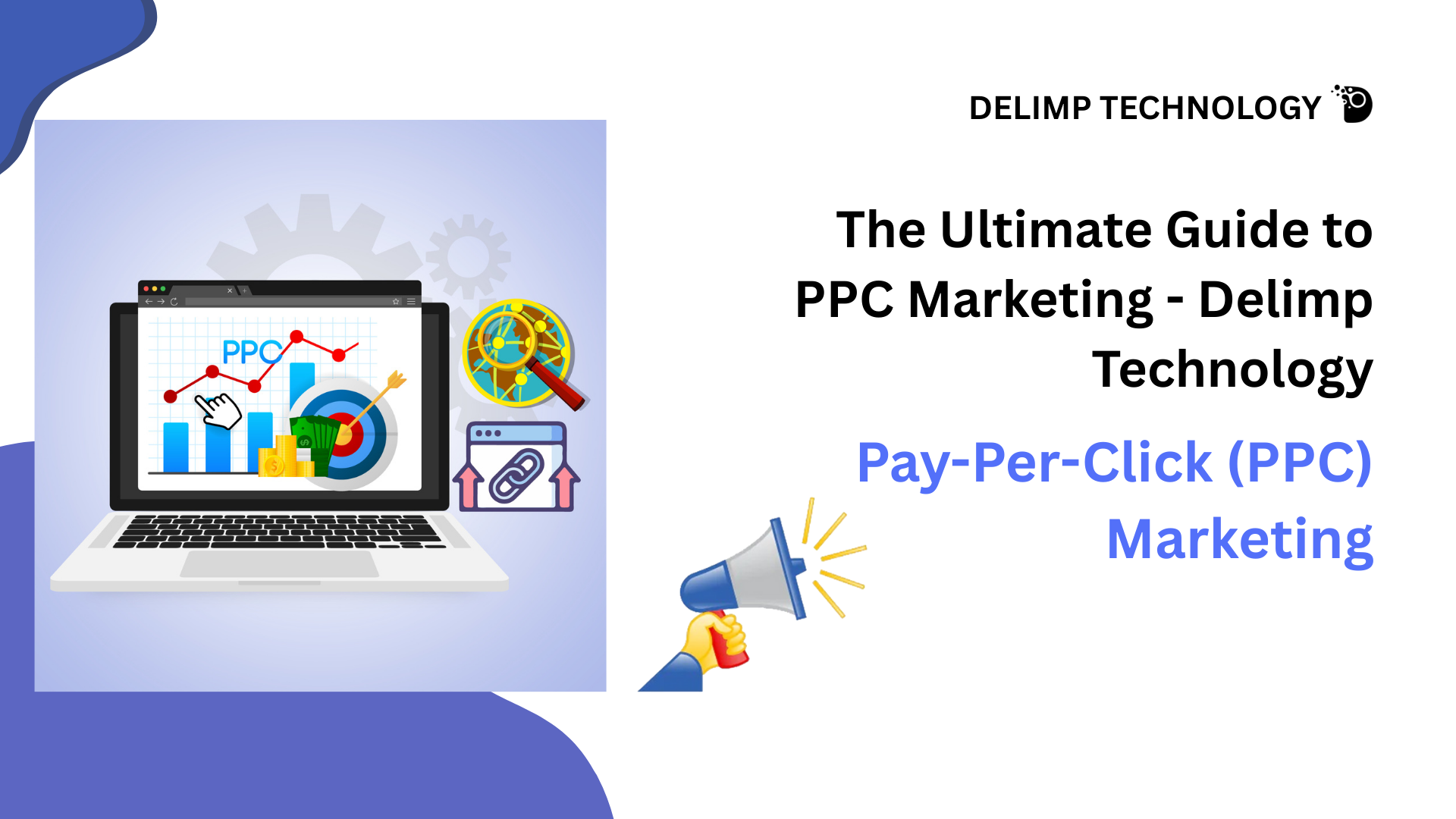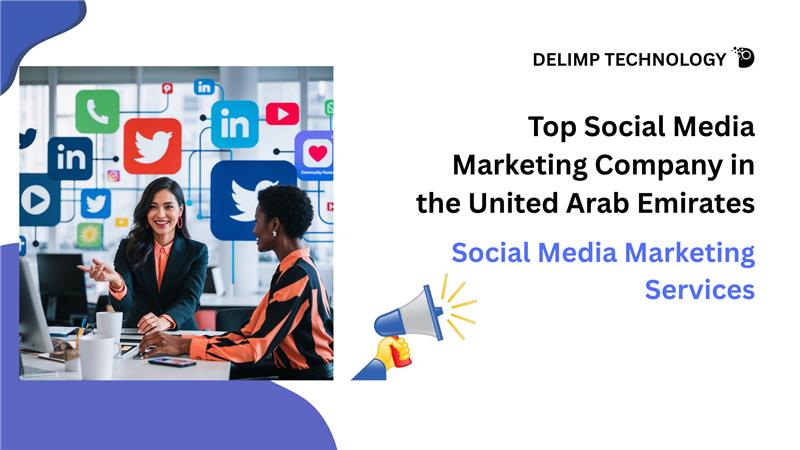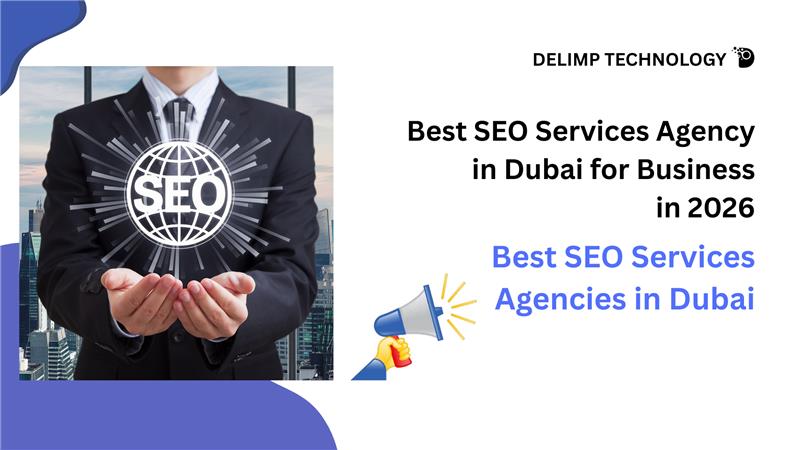Are you confused by the numerous choices available in the field of digital marketing? Almost all web advertising can be divided into two major players: Google Ads and Facebook Ads. Considering Google vs. Facebook Marketing may involve some dilemma as to which one is the best tool to be used in a specific task – a hammer serves as a good hammer but it is not a drill. Both are effective methods in reaching audiences, but recognizing when it is best to use them and when it is not will lead to the perfect marketing hero for your company.
About Google Ads:
Let’s consider a case of an individual who has a particular requirement. They begin with their internet browser and enter the search query “best running shoes for shin splints”. This is where Google Ads comes in This is where Google Ads comes in. It enables you to post relevant ads where users are looking for specific keywords related to your product or services.
About Facebook Ads:
Now imagine someone having a facebook session. They watch an entertaining commercial about a newly launched fitness tracker brand. And intrigued, they click to know more about it. This is where Facebook Ads comes in, packed with incredible features. It enables you to reach out to millions of users and create brand visibility through shared and relevant images and messages.
Strengths of Google Ads:
High-Intent Targeting: Users approach them with a question or a problem to be solved – the customer is already in the ‘buying mode’ and actively seeking a solution.
Specificity is Key: Reach out to your public using ad targeting by keyword, demographic, location, device, and time. This ensures your ads are in front of the right audience thereby maximising the effectiveness of any advertisements.
Measurable Results: Online tracking of clicks, conversions including sales, subscriptions, etc., or ROI (Return on Investment) is quite simple. It shows you in detail how your ad campaign is doing so you can tailor your ads to be effective.
Strengths of Facebook Ads:
Massive Reach: Use the great potential of the Facebook platform with literally billions of active users and get lost in the crowd to find an ideal audience even with the most specific interests.
Brand Building Powerhouse: Post creative content which can be in the form of videos, images, or posts, which is relevant to your target market and which will encourage them to buy from your brand. Have a sense of a community and share more than just the offerings.
Retargeting Magic: Now, target those users who have already shown interest on your brand to ensure they are always reminded. Always target website visitors who have not yet discovered the value of making a purchase and lure them back though Facebook Ads.
The Difference Between Google vs. Facebook Marketing:
The main lesson to be learned from Google vs. Facebook Marketing is understanding the difference in intent. In particular, Google Ads is great at targeting customers who were actively seeking a solution. Just like Google Ads, Facebook Ads will help one to reach out to a large audience who have not yet started searching for this product.
Choosing Between Google vs. Facebook Marketing:
The most suitable platform for you depends on your particular goals for your business marketing. Here are some questions to consider:
- Is it the case of looking for a solution or solution provider where the audience is highly engaged (Google Ads) or advertising to the interested parties but not necessarily searching for the ad’s product (Facebook Ads)?
- Should I focus on the prospecting (exclusively, buying, sign-ups) or branding?
- How much money will I have to spend on advertisements? A key point to note is that Google Ads costs a little more for highly competitive keywords.
Conclusion
Thus, comparing the features of Google vs. Facebook Marketing, it will be possible to make a wise choice and choose the platform that will ideally fit for the promotion of a particular project. Don’t hesitate to experiment! Conduct experiments on both of the platforms, analyze the outcomes, and make changes to reach as many people as possible. So, move forward and rule the digital marketing world with the appropriate marketing champion!
Frequently Asked Questions (FAQs)
Q1. What types of businesses benefit more from Google marketing?
Ans. Businesses that offer products or services that people are likely to search for, such as emergency services, special equipment, or specific software, may see better results with Google marketing due to the direct nature of search advertising.
Q2.What types of businesses benefit more from Facebook marketing?
Ans. Businesses that thrive on community engagement, lifestyle branding, or have visually appealing products or services generally perform well on Facebook. This includes industries like fashion, beauty, and entertainment.
Q3. Which platform is more cost-effective?
Ans. The cost-effectiveness of each platform can vary significantly based on the industry and the specific campaign goals. Generally, Facebook tends to be cheaper in terms of cost-per-click, but Google might lead to a higher ROI due to its intent-based targeting.
Q4. How do I decide which platform is better for my business?
Ans. Consider your business goals, target audience, and what you’re selling. For products or services that fulfill immediate needs or are searched for explicitly, Google might be better. For building brand awareness or targeting specific demographics or interests, Facebook could be more effective.
Q5. Can I use both Google and Facebook for marketing?
Ans. Yes, many businesses successfully integrate both platforms into their marketing strategies. Using both allows you to combine the strengths of each: reaching users by both intent and demographic insights.





